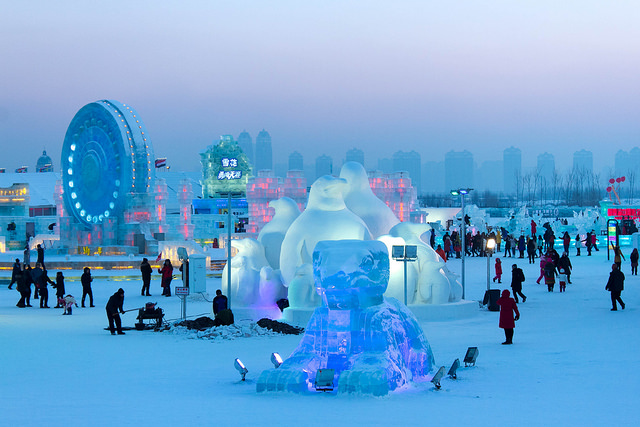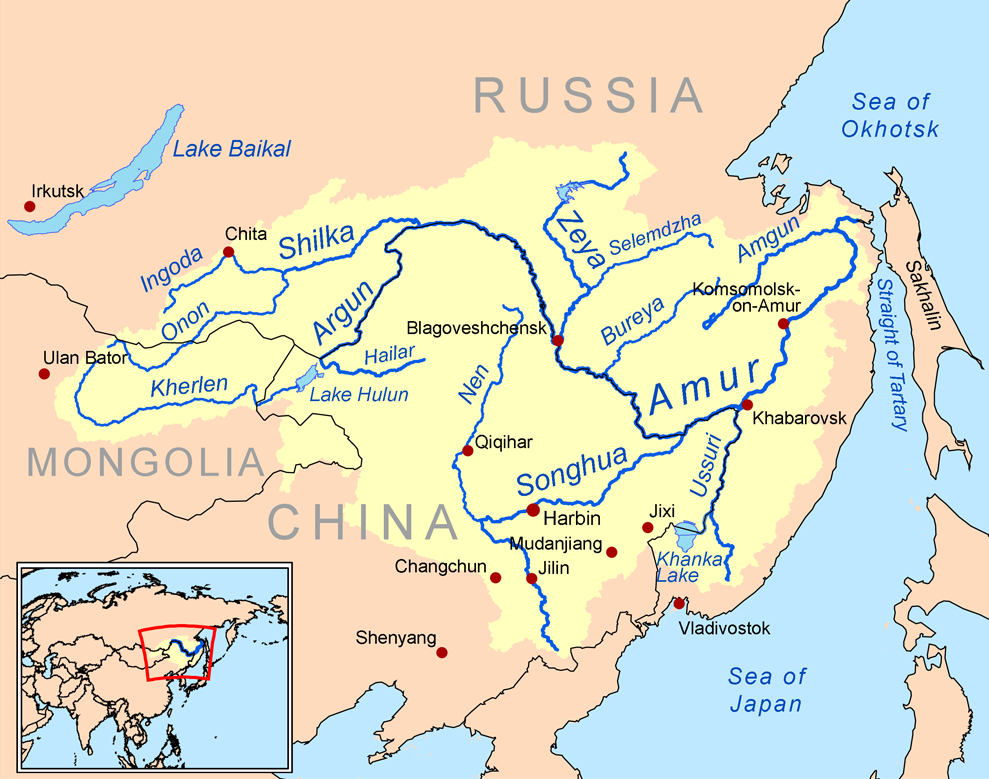“The people throughout China have been plunged into bitter suffering and tribulations since the Chiang Kai-shek [Jiang Jieshi] Kuomintang [Guomindang] reactionary government betrayed the fatherland, colluded with imperialists, and lunched the counter-revolutionary war. Fortunately our People’s Liberation Army, backed by the whole nation, has been fighting heroically and selflessly to defend the territorial sovereignty of our homeland, to protect the people’s lives and property, to relieve the people of their sufferings, and to struggle for their rights, and it eventually wiped out the reactionary troops and overthrew the reactionary rule of the Nationalist government. Now, the People’s War of Liberation has been basically won, and the majority of the people in the country have been liberated. On this foundation, the first session of the Chinese People’s Political Consultative Conference, composed of delegates of all the democratic parties and people’s organization of China, the People’s Liberation Army, the various regions and nationalities of the country, and the overseas Chinese and other patriotic elements, has been convened. Representing the will of the whole nation, [this session of the conference] has enacted the organic law of the Central People’s Government of the People’s Republic of China, elected Mao Zedong as chairman of the Central People’s Government; and Zhu De, Lui Shaoqi, Song Qingling, Li Jishen, Zhang
Lan, and Gao Gang as vice chairmen [of the Central People’s Government]; and Chen Yi, He Long, Li Lisan, Lin Boqu, Ye Jianying, He Xiangning, Lin Biao, Peng Dehuai, Liu Bocheng, Wu Yuzhang, Xu Xiangqian, Peng Zhen, Bo Yibo, Nie Rongzhen, Zhou Enlai, Dong Biwu, Seypidin, Rao Shushi, Tan Kah-kee [Chen Jiageng], Luo Ronghuan, Deng Zihui, Ulanhu, Xu Deli, Cai Chang, Liu Geping, Ma Yinchu, Chen Yun, Kang Sheng, Lin Feng, Ma Xulun, Guo Moruo, Zhang Yunyi, Deng Xiaoping, Gao Chongmin, Shen Junru, Shen Yanbing, Chen Shutong, Szeto Mei-tong [Situ Meitang], Li Xijiu, Huang Yanpei, Cai Tingkai, Xi Zhongxun, Peng Zemin, Zhang Zhizhong, Fu Zuoyi, Li Zhuchen, Li Zhangda, Zhang Nanxian, Liu Yazi, Zhang Dongsun, and Long Yun as council members to form the Central People’s Government Council, proclaimed the founding of the People’s Republic of China and decided on Beijing as the capital of the People’s Republic of China. The Central People’s Government Council of the People’s Republic of China took office today in the capital and unanimously made the following decisions: to proclaim the establishment of the Central People’s Government of the People’s Republic of China; to adopt the Common Program of the Chinese People’s Political Consultative Conference as the policy of the government; to elect Lin Boqu from among the council members as secretary general of the Central People’s Government Council; to appoint Zhou Enlai as premier of the Government Administration Council of the Central People’s Government and concurrently minister of Foreign Affairs, Mao Zedong as chairman of the People’s Revolutionary Military Commission of the Central People’s Government, Zhu De as commander-in-chief of the People’s Liberation Army, Shen Junru as president of the Supreme People’s Court of the Central People’s Government, and Luo Ronghuan as procurator general of the Supreme People’s Procuratorate of the Central People’s Government, and to charge them with the task of the speedy formation of the various organs of the government to carry out the work of the government. At the same time, the Central People’s Government Council decided to declare to the governments of all other countries that this government is the sole legal government representing all the people of the People’s Republic of China. This government is willing to establish diplomatic relations with any foreign government that is willing to observe the principles of equality, mutual benefit, and mutual respect of territorial integrity and sovereignty.”
Mao Zedong Chairman The Central People’s Government
The People Republic of China
 日本語
日本語 English
English 中国語
中国語











